The human benefits of nature connection
Apart from growing amount of scientific research, proving the benefits to wellbeing through nature connection, the Japenese have have been prescribing nature connection through Forest Bathing (Shinrin-Yoku) as an aspect of their Health Service for over 40 years.
Taking time to connect with nature not only makes people feel better emotionally but can contribute to physical wellbeing by reducing blood pressure, heart rate, muscle tension caused by underlying anxiety and reduction of cortisol (stress related hormones) and delivering measurable benefit in relation to other health related issues.
The nature benefits of human connection
If people experience the benefits of nature connection in their own lives they develop a caring relationship with nature, in a similar way that occurs between people.
When you care for something or someone you develop a relationship that deepens over time through a process of greater interaction, involvement and growing commitment.
There is plenty of scientific evidence that people who are actively involved in caring for nature benefit their own wellbeing, often in simple but nonetheless life-enhancing ways. For example, in feedback from the the Social Forestry and Wellbeing with Nature sessions we have collected a wealth of wellbeing-related feedback”
“By the end of the session I feel so much more relaxed in body and mind”
“I always sleep better at night after the sessions”
“I leave my troubles at the gate”
We have also noticed that the people who ‘notice’ the wellbeing benefits conferred on them through nature connection are those who show, through their ongoing commitment, willingness and enthusiasm to continue to care for the woodland environment in good weather and bad.
What these session participants have ‘noticed’ is that in caring for the woodland, the woodland has cared for them; an example of a symbiotic wellbeing relationship.
In conversations with our session participants we discover, over time, a deepening awareness not only in relation to nature but also to themselves.
Qaulitative data we have collected from session participants clearly demontrates that care and compassion developed in relation to caring for nature benefits development of greater compassion and kindness towards themselves and others.
Nature connection builds awareness and self-worth
An additional wellbeing benefit of nature connection we have experienced involves individuals involved in caring for the woodland going on to become supporters at our sessions for families with special needs children. Even those who expressed lack of confidence to begin with find that being able to share knowledge and insight about nature connection delivers a sense of deep personal satisfaction and self-worth.
I cannot stress too strongly the value I place on the model of nature connection we have developed and seen to be so effective in action. If you find this of interest please get in touch and start a conversation about how you could run similar Wellbeing with Nature sessions for people.
Interested to find out more about what we do?
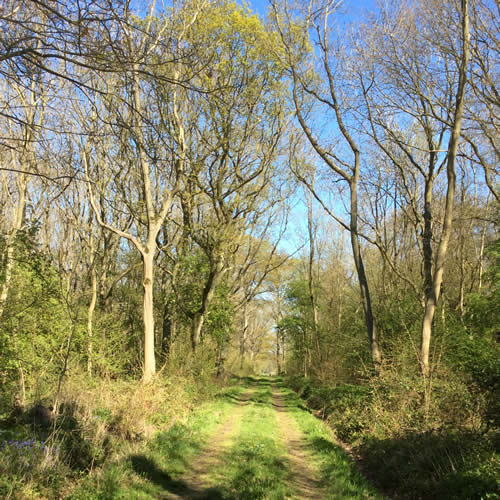
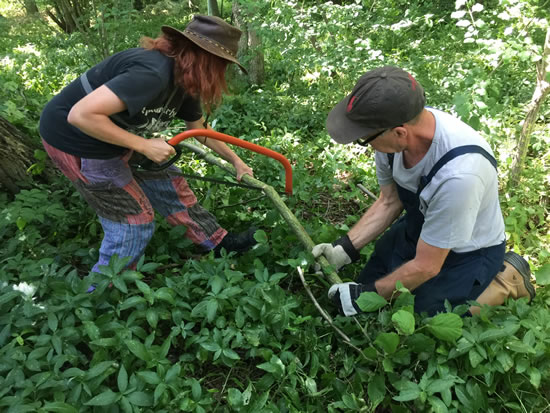
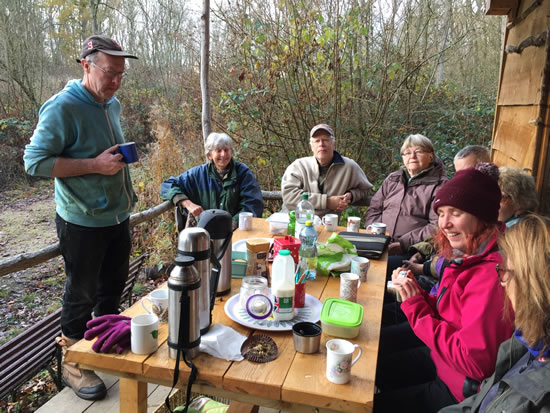
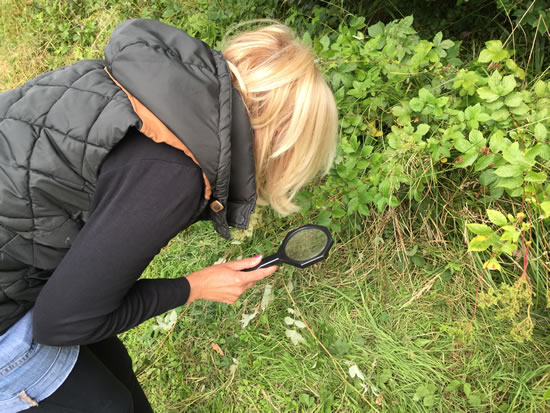
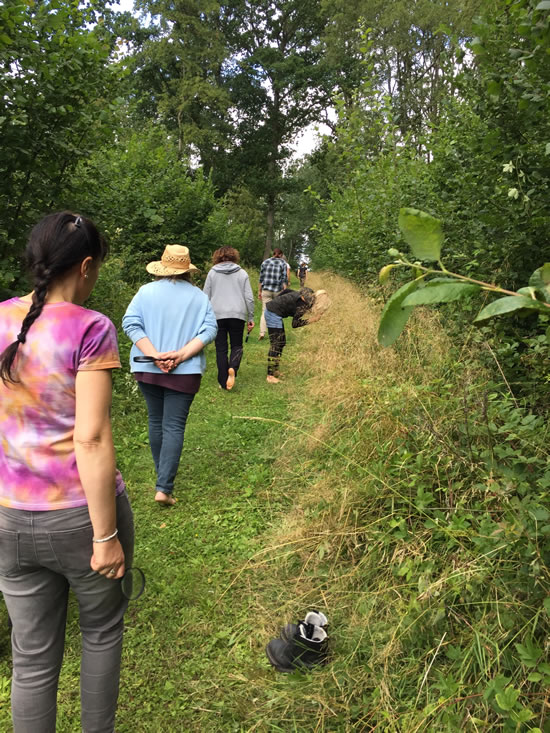

How we work with nature connection
Over the last 6 years our nature connection activities have used the 5 ways to wellbeing principles of
- Get social
- Get Active
- Keep Learning
- Care For Wild Places
- Notice Small Things
- Give To Others
All the above aspects underpin our sessions, whether for adults, children or families.
Our starting point for all sessions, whether for adults, children or families, is to provide activities that encourage them to slow down. This provides not only opportunity to relax but also to encourages ‘noticing’ more about nature.
We find that simply using nature connection activities focussing on the five senses provides the way-in for people to experience success with nature connection.
Spending time in nature brings us closer to who we really are
Spending time connecting with nature, rather than just walking, running or cycling through it can actually help people experience a better connection with themselves.
Active pursuit of nature connection promotes greater sensory awareness, in relation to the surrounding, which in turn promotes a deeper connection with oneself.
Promotion of deeper connection with oneself can promote changes in not only how the natural world is viewed and valued, but changes in perspective about ourselves and the world beyond ourselves.
From my experience I do not consider it too strong a proposition to suggest that promotion of reconnection with nature connection in society as a whole could provide a relatively inexpensive and effective route for effecting mental, emotional and physical wellbeing benefits.
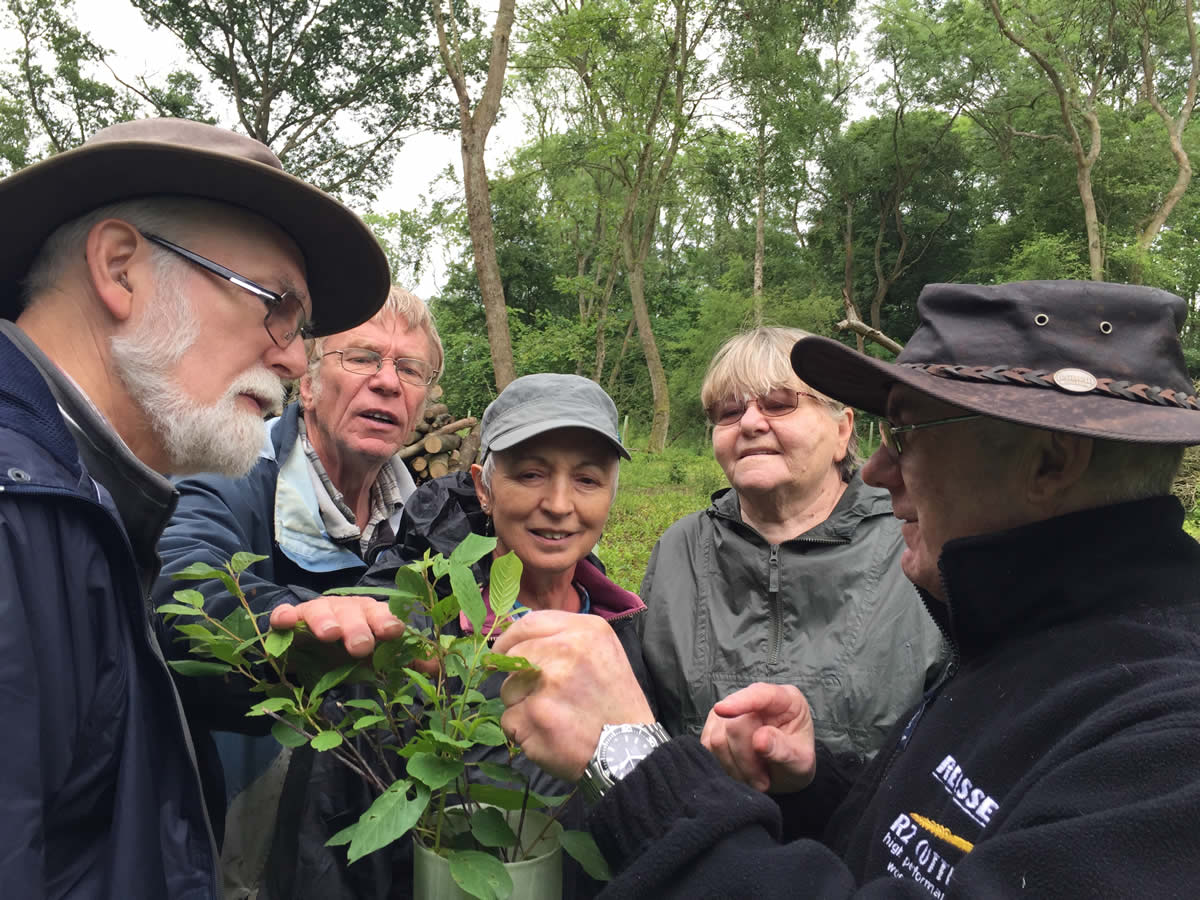
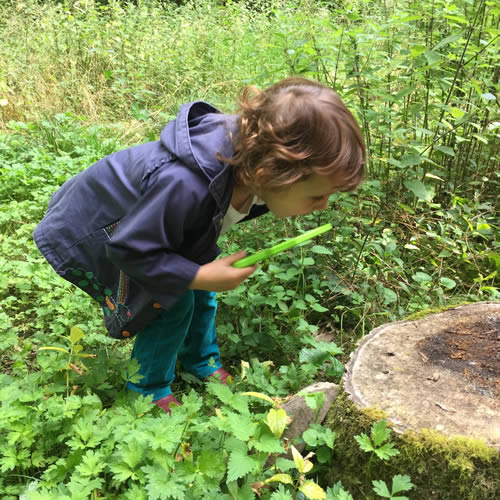
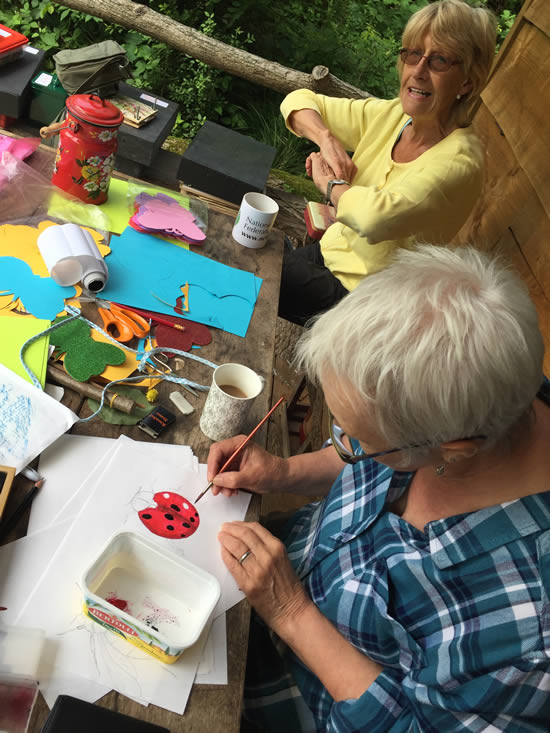

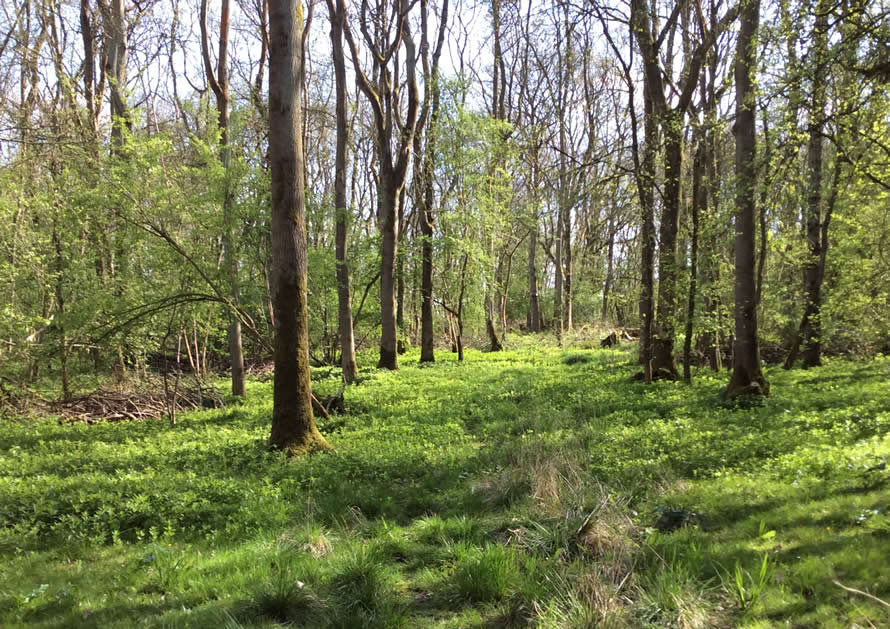
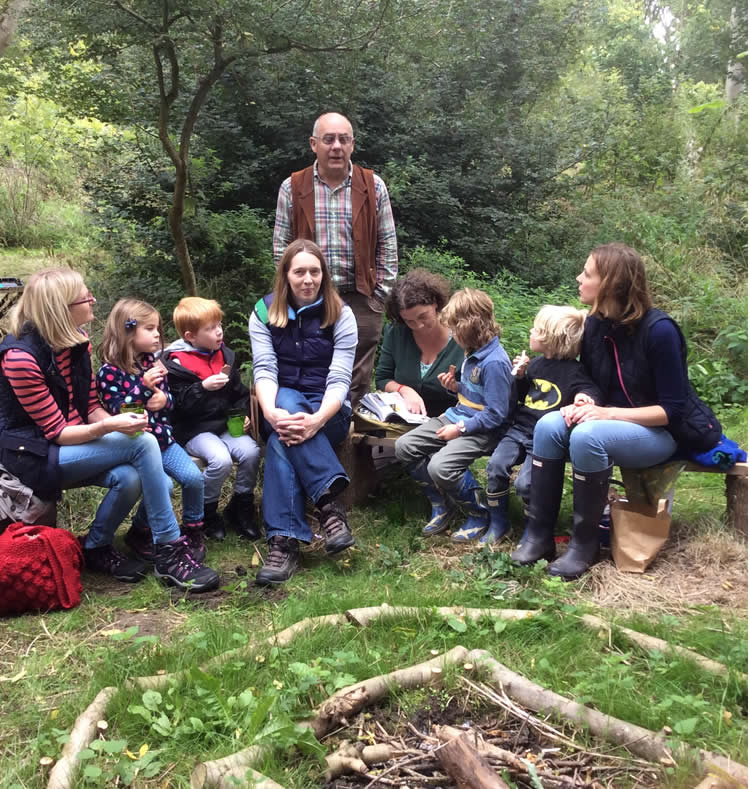

Recent Comments